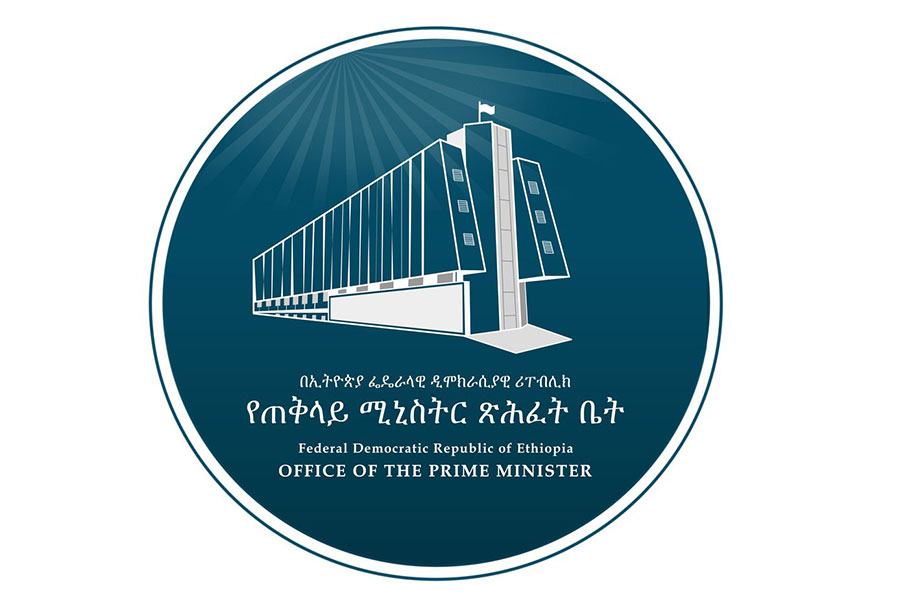
Viewpoints | Sep 08,2024
Jun 10 , 2023
By Kaushik Basu
Technology is changing the world faster than policymakers can devise new coping methods. As a result, societies are becoming polarised, inequality is rising, and authoritarian regimes and corporations are doctoring reality and undermining democracy.
For ordinary people, there is ample reason to be "A little bit scared", as OpenAI CEO Sam Altman recently put it. Significant advances in artificial intelligence (AI) raise concerns about education, work, warfare, and other risks that could destabilize civilization long before climate change does. To his credit, Altman is urging lawmakers to regulate his industry.
In confronting this challenge, we must keep two concerns in mind. The first is the need for speed. If we take too long, we may find ourselves closing the barn door after the horse has bolted. That is what happened with the 1968 Nuclear Non-Proliferation Treaty: It came 23 years too late. If we had managed to establish some minimal rules after World War II, the Treaty's ultimate goal of nuclear disarmament might have been achievable.
The other concern involves deep uncertainty.
This is such a new world that even those working on AI do not know where their inventions will ultimately take us. A law enacted with the best intentions can still backfire. When America's founders drafted the Second Amendment conferring the "right to keep and bear arms," they could not have known how firearms technology would change in the future, changing the meaning of the word "arms." Nor did they foresee how their descendants would fail to realize this even after seeing the change.
But uncertainty does not justify fatalism. Policymakers can still effectively govern the unknown as long as they keep certain broad considerations in mind. For example, one idea that came up during a recent Senate hearing was to create a licensing system whereby only select corporations would be permitted to work on AI.
This approach comes with some obvious risks of its own. Licensing can often be a step toward cronyism, so we would also need new laws to deter politicians from abusing the system. Moreover, slowing a country's AI development with additional checks does not mean others will adopt similar measures. In the worst case, countries may face adversaries wielding precisely the kind of malevolent tools they eschewed. That is why AI is best regulated multilaterally, even if that is a tall order in today's world.
Another big concern is labour. Just as past technological advances reduced demand for manual labour, new applications like ChatGPT may reduce demand for white-collar labour. But this prospect need not be so worrying. If we can distribute the wealth and income AI generates equitably across the population, eliminating plenty of work would not be a problem. Far from being diminished by not working, feudal lords were aggrandized by their leisure.
The problem, of course, is that most people do not know how to use their free time. Pensioners often become anxious because they do not know what to do with themselves. Now, imagine that happening on a massive scale across younger cohorts. If left unchecked, crime, conflict, and perhaps extremism would become more likely. Averting such outcomes would require modifying our education systems to prepare people for the leisure force. As in earlier eras, education would mean learning how to enjoy the arts, hobbies, reading, and thinking.
A final major concern involves media and the truth. In "How to Stand Up to a Dictator", the Nobel laureate journalist Maria Ressa laments that social media has become a powerful tool for promoting fake news. As Amal Clooney points out in her foreword to the book, autocratic leaders can now rely on "an army of bots" to create the impression that "there is only one side to every story."
This is a bigger challenge than most people realize. It will not go away even if we pass laws prohibiting automated disinformation. As Amartya Sen pointed out more than 40 years ago, all description entails choice. Reality is so complex that we cannot possibly represent it without deciding what to include and omit. In a world drowning in information, savvy influencers do not need to make up the news; they can simply be biased in what they choose to report.
News outlets can influence voters' opinions in ways both subtle and flagrant. Just compare the images of Donald Trump and Joe Biden that Fox News chooses.
We cannot solve the problem of authoritarian influence by banning fake news. Our best hope again lies in education. We will need to do a better job teaching people to be discerning and less susceptible to manipulation. Innovation in law and policy must go hand in hand with innovation in education, and all are necessary to keep up with innovation in technology.
PUBLISHED ON
Jun 10,2023 [ VOL
24 , NO
1206]


Viewpoints | Sep 08,2024

Viewpoints | Sep 07,2019

Editorial | Apr 20,2024

Verbatim | Mar 23,2019

Viewpoints | Aug 27,2022

Viewpoints | Mar 30,2024

Fortune News | Dec 04,2021

Commentaries | Feb 01,2020

Editorial | Aug 27,2022

Radar | Jun 15,2025

Photo Gallery | 170110 Views | May 06,2019

Photo Gallery | 160358 Views | Apr 26,2019

Photo Gallery | 149966 Views | Oct 06,2021

My Opinion | 136225 Views | Aug 14,2021





Dec 22 , 2024 . By TIZITA SHEWAFERAW
Charged with transforming colossal state-owned enterprises into modern and competitiv...

Aug 18 , 2024 . By AKSAH ITALO
Although predictable Yonas Zerihun's job in the ride-hailing service is not immune to...

Jul 28 , 2024 . By TIZITA SHEWAFERAW
Unhabitual, perhaps too many, Samuel Gebreyohannes, 38, used to occasionally enjoy a couple of beers at breakfast. However, he recently swit...

Jul 13 , 2024 . By AKSAH ITALO
Investors who rely on tractors, trucks, and field vehicles for commuting, transporting commodities, and f...

Oct 4 , 2025
Eyob Tekalegn (PhD) had been in the Governor's chair for only weeks when, on Septembe...

Sep 27 , 2025
Four years into an experiment with “shock therapy” in education, the national moo...

Sep 20 , 2025
Getachew Reda's return to the national stage was always going to stir attention. Once...

Sep 13 , 2025
At its launch in Nairobi two years ago, the Africa Climate Summit was billed as the f...

Oct 5 , 2025 . By NAHOM AYELE
In Meqelle, a name long associated with industrial grit and regional pride is undergo...

Oct 5 , 2025 . By BEZAWIT HULUAGER
The federal government is set to roll out a new "motor vehicle circulation tax" in th...

Oct 5 , 2025 . By NAHOM AYELE
The Bank of Abyssinia is wrestling with the loss of a prime plot of land once leased...

Oct 5 , 2025 . By BEZAWIT HULUAGER
The Customs Commission has introduced new tariffs on a wide range of imported goods i...